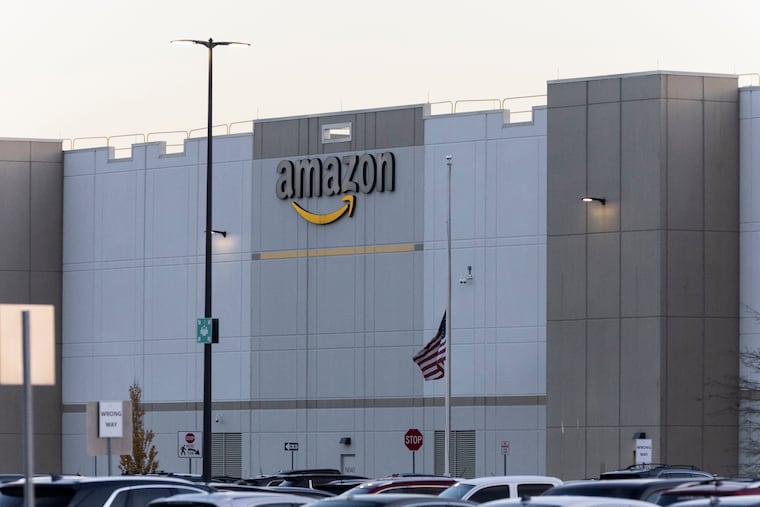Brazil’s President Lula Criticizes Gaza Situation as ‘Genocide’ During BRICS Meeting

Brazil’s President Luiz Inacio Lula da Silva has called for decisive global action to address the humanitarian crisis in Gaza, framing it as a pivotal moment for emerging economies within the BRICS coalition. As leaders from 11 nations convened in Rio de Janeiro, Lula characterized the situation as a pressing need to halt what he termed an Israeli “genocide” against the people of Gaza, highlighting the extensive civilian casualties and the dire impact of military actions on innocent lives.
In his remarks at the summit, Lula emphasized the urgency of responding to the humanitarian needs arising from the ongoing conflict, referring to the indiscriminate killings and the use of starvation as a tactic of war. His statements coincide with the resumption of truce discussions between Israel and Hamas in Doha, aiming to bring an end to the prolonged violence that began on October 7, 2023, when Hamas launched attacks in southern Israel, claiming the lives of many, including a significant number of civilians.
While Lula firmly condemned the actions of Hamas, which have been characterized as terrorist acts resulting in the tragic loss of more than 1,200 lives, predominantly among Israeli civilians, he also expressed grave concerns about Israel’s military response, which has led to an estimated 57,418 fatalities in Gaza, primarily among civilians. This stark contrast in casualty figures underscores the complex realities and challenges faced by those caught in the crossfire of the conflict.
The BRICS summit was not only a platform to address these pressing humanitarian issues but also a call for a reformation of existing global institutions that have often favored traditional Western narratives. The coalition, which seeks to present itself as a beacon of multilateral diplomacy amidst a fragmented global landscape, has been gaining traction as an alternative to groups like the G7 and G20. The growing membership of BRICS, which now includes countries like Saudi Arabia, the UAE, Egypt, and Ethiopia, exemplifies the bloc’s commitment to fostering international cooperation among emerging economies.
In drawing parallels to the Cold War’s Non-Aligned Movement, Lula posited that BRICS serves as a contemporary guardian of autonomy and independence in global affairs, especially in the face of rising unilateral policies worldwide. With member nations representing over half of the global population and a substantial portion of its economic output, BRICS is increasingly seen as a crucial player in shaping tomorrow’s world dynamics.
Despite the absence of some notable leaders, such as Chinese President Xi Jinping, who was represented by his prime minister, and Russian President Vladimir Putin, participating virtually due to legal challenges, the summit maintained a focus on unity and collaborative problem-solving. The presence of other influential figures, including Indian Prime Minister Narendra Modi and South African President Cyril Ramaphosa, illustrates the bloc’s growing influence and the widespread interest from over 30 countries expressing a desire to engage with BRICS on various levels.
The Rio summit stands as a testament to the evolving landscape of international diplomacy and the potential for emerging economies to forge a new path toward a more equitable global order. As discussions progress, the focus on humanitarian rights and the promotion of peace continues to resonate within the agenda of BRICS, establishing a framework for future diplomatic engagements.
#PoliticsNews #WorldNews






